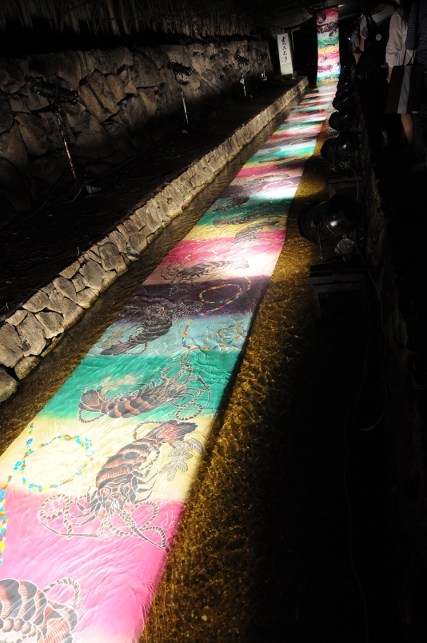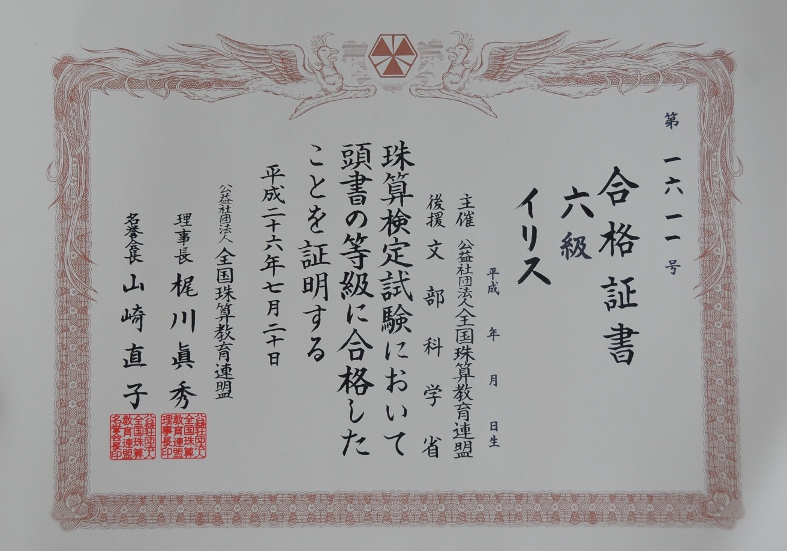When I came to Japan last year and needed a place to stay, I decided to look for a gaijin house, a shared accommodation for foreigners who stay in Japan on a short-term basis only and cannot or don’t want to rent an apartment. I did it mostly because I was not allowed to rent an apartment (no zairyu card, remember?), because I did not really know which parts of town are the “good” ones (I still don’t, but I have a better idea of where I’d like to live), and finally, because I thought it would be a temporary thing anyway.
The first year was very pleasant, we were only three people who stayed for longer, and occasionally there were short-term guests. But every one was nice and thoughtful and respectful in dealing with the other tenants and with the house.
This year, the house has become much more busy. Three weeks ago or so was the first time all the rooms were rented out since I moved in. A lot of the people were in their mid-20s, students having fun on their vacation; and unfortunately, the atmosphere in the house turned to that of a student’s dorm…
I had lived in a dorm for long enough to have known the moment I moved out of it, that I never wanted to experience that again. Ever. So I found it especially grating to go through the same old stuff again: dirty remnants of food in the kitchen (well, the cockroaches loved it), a filthy bathroom; a general inability to turn off lights and close the fridge (great stuff in summer, that), noisy homecomings at 1:30 in the morning (banging sliding doors is an art). No amount of requests or explanations of the senior members of the household changed anything, so I was incredibly relieved when the more obnoxious tenants moved out a bit over a week ago – at least I can sleep through the night again.
But today, I had another dorm flash back, and as I was not directly involved I found it rather funny. When I woke up and groped my way downstairs to the toilet and from there to the bathroom, I found, stuck to one of the mirrors, a letter headed with “To whomever is throwing up every night”… In a surprisingly blunt tone verging on the passive-aggressive (the letter was not signed), the puking person was strongly urged, if not to change their lifestyle, then to at least clean up afterwards.
I have since ascertained who has written the letter and that said writer was indeed extremely pissed off about the state of the bathroom sink (!) last night, hence the writer resorted to such methods. I would have never thought this otherwise so gentle person being capable of this!
Anyway, I had my laugh in the morning, and the letter was gone when I went down the next time. Hopefully the addressee has received the letter and the message – and we’ll have a sufficiently clean bathroom around the clock from now on. I also hope that in the future we will get more adults who can look after themselves (and the house) and don’t need to be on the receiving end of anonymous letters…












